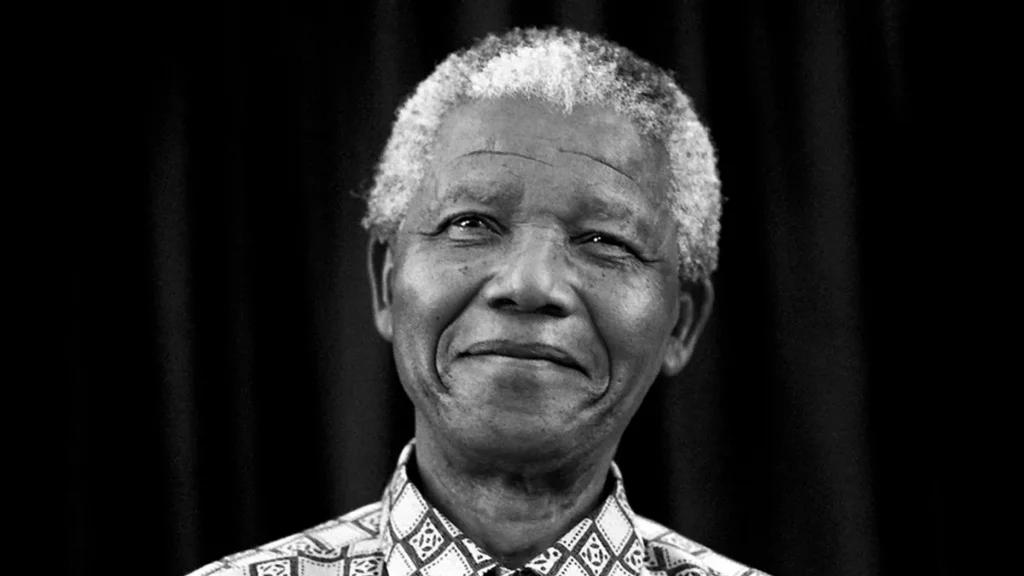Team Leadership: The Mandela Experience
By Ana Suárez-Gamazo, Directora Corporative en Banc Sabadell, Wa4Steam Investor
When we talk about LEADERSHIP, it is often associated with prominent male figures, reflecting a historical reality where female leadership has received little visibility and has lacked prominent role models. This is a crucial issue that calls for greater attention to value and promote the role of women in leadership positions. This LEADERSHIP is typically tied to large companies or major responsibilities and framed as stories of resilience, motivation, and success.
There are two dominant narratives: one that portrays leadership as innate—a natural talent or gift for a select few who are simply “born to lead.” The other defines leadership as a constant effort—a challenging journey requiring dedication, willpower, and hard work, making it seem unattainable for those tasked with managing teams.
I recently returned from a trip to South Africa, where it’s impossible not to be struck by the legacy of Nelson Mandela. A pivotal leader in his country’s history, Mandela not only led the fight against apartheid in the 20th century but also guided South Africa’s democratization process, serving as its president from 1994 to 1999. While Mandela’s life and achievements are well known, I want to reflect on his LEADERSHIP and how the testimony of his closest collaborators has profoundly impacted me.
Mandela’s lessons on team leadership
Hearing about leadership firsthand—through talks, conferences, or books—can be inspiring. But when the lessons and legacy are shared by those who worked closely with the leader, it’s a testament to the strength and depth of that leadership.
1. Know and value your entire team
Leadership isn’t just about managing your immediate team; it’s about recognizing and valuing everyone who contributes to collective success. Mandela exemplified this by fostering open communication, resolving misunderstandings, and ensuring that everyone’s role was acknowledged.
An unforgettable example is Xoliswa Ndoyiya, his cook for 22 years. At a fundraising dinner, Mandela not only recognized her contributions in creating a welcoming atmosphere but also introduced her to the attendees, emphasizing how her work played a vital role in the event’s success.
2. Empathy and attention to detail
From Christo Brand, Mandela’s former prison guard and later friend, we learn the importance of empathy and seeing beyond circumstances. Mandela’s ability to connect with adversaries reminds us that critical thinking and the courage to challenge biases are essential leadership qualities.
3. Diversity as a strength
Zelda La Grange, his secretary, shared how Mandela prioritized diversity. On a mission to Japan, he chose a delegation that reflected South Africa’s multicultural richness, presenting it as a symbol of unity. Embracing diversity enriches teams and requires adaptability—skills every leader must master in today’s world.
Mandela’s legacy
Leadership, as Mandela demonstrated, is a 24/7 commitment. It’s not just about inspiring with words but about acting in ways that resonate throughout every level of the team. Investing in understanding your collaborators and recognizing their contributions strengthens communication, increases engagement, and enhances outcomes.
Mandela’s approach shows us that leadership is more than a position—it’s an attitude that, when practiced with empathy, respect, and vision, has the power to transform teams and societies alike.



